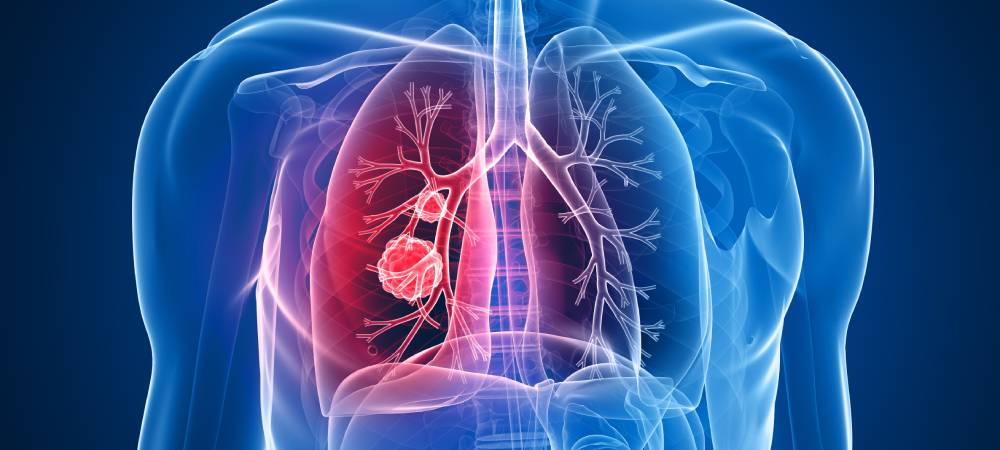Lung Disease
Home : : Critical Care Medicine : : Lung Disease
Our Critical Care Medicine

Lung disease refers to several types of diseases or disorders that prevent the lungs from functioning properly. Lung disease can affect respiratory function, or the ability to breathe, and pulmonary function, which is how well lungs work.
There are many different lung diseases, some of which are caused by bacterial, viral, or fungal infections. Other lung diseases are associated with environmental factors, including asthma, mesothelioma, and lung cancer.
Signs and Symptoms
Signs and symptoms of lung diseases depend on the specific condition. They can vary from person to person and change over time. With chronic conditions, signs and symptoms often emerge gradually and grow worse over time. With acute conditions, they can develop quickly and may be mild to severe.
Examples include:
- Persistent cough
- Shortness of breath or labored breathing (dyspnea)
- Wheezing, gasping for breath
- Coughing up mucus, blood or sputum
- Chest pain
- Trouble exhaling, sometimes described as “like trying to breathe through a straw”
Types of lung disease
There are three main types of lung disease, including:
- Airway diseases: These diseases, such as Chronic Obstructive Pulmonary Disease (COPD), affect the airways that carry oxygen and other gases into and out of the lungs. They usually cause a narrowing or blockage of the airways.
- Lung tissue diseases: These diseases, such as Idiopathic Pulmonary Fibrosis (IPF), affect the structure of the lung tissue. Scarring or inflammation of the tissue makes the lungs unable to expand fully (restrictive lung disease). This makes it hard for the lungs to take in oxygen and release carbon dioxide.
- Lung circulation diseases: These diseases, such as Pulmonary Arterial Hypertension (PAH), affect the blood vessels in the lungs. They are caused by clotting, scarring, or inflammation of the blood vessels. They affect the ability of the lungs to take up oxygen and release carbon dioxide.
Who is at risk?
While anyone can get lung disease, your risk can be increased by a number of factors, including age, or if you:
- Smoke or have ever smoked.
- Work or worked in a job that exposed you to dust, gas, fumes or chemicals.
- Have a family history of lung disease.
